SECRETS OF EXPLAINING UNCONSCIOUS THAT YOU WANT FROM IT.
Each
question has its hidden meaning, and if it is correctly answered, do
they create the right reactions and intensify the results?
For example,
- some questions can create an algorithm for achieving the goal,
- some reveal your limiting beliefs,
- others create motivation (OT and K) to achieve your goal.
It would seem that it could be easier than asking a question? However, there are many rules and varieties of questions in the
Russian language. In addition, their use in conversation always depends
on the speech situation.
Let's now analyze all types of questions in more detail in this article. What are the questions in Russian?
In this article we will consider 5 types of questions. There is also a
number of other classifications, the number of questions in which can
vary, but today we will dwell on this.
So, according to our classification, there are five kinds of questions:
closed,
open,
critical,
rhetorical,
questions for deliberation.
Note that open and closed questions are highlighted in almost all types of classifications. This fact makes them basic.
Now consider each species in more detail, and also give examples.
Open question.
Open-ended questions are such questions that require a detailed answer and any explanations.
On them it is impossible to answer either "yes" or "no". Such
questions begin with the following interrogative words: "how", "who",
"what", "why", "how much", "what", etc. Such questions allow your
interlocutor to choose information for an answer at his discretion. On the one hand, this can lead to the fact that the interlocutor will hide what he does not want to disclose. But on the other hand, if you ask a question in a suitable emotional
situation, the interlocutor can reveal himself and tell a lot more than
the question asked by you.
Open questions allow you to turn your monologue into a conversation. However, there is a danger that you will lose control over the
conversation, and it will be difficult to regain control once again.
Let's give examples of such questions:
- Why do you want to study at our university?
- When did you decide to agree to this conversation?
- How much do you earn per month?
- Who is cleaning in your house?
- What do you usually do in the evenings?
Closed Question
Questions of the closed type are those, when answering which you can answer either "yes" or "no". Often in closed questions a particle "li" is used. They minimize the freedom of the interlocutor, leading him to a monosyllabic answer.
Asking such questions, you can keep the conversation under your control.
However, the interlocutor can not express his opinion or share ideas.
In
addition, closed questions have a number of negative features: the
information received in answering them will be superficial; the
two options give the impression of coercion, so the interlocutor will
gradually feel more and more uncomfortable, which in the long run is hi
to the fact that he will want to end the conversation as soon as
possible; they lead to the unwillingness of the interlocutor to reveal and provide more information.
Closed questions are recommended to use in cases where it is necessary to collect a lot of information in a short time.
For example, when carrying out various studies. If you are planning to get to know the other person and expect that
your acquaintance will continue, closed questions need to be alternated
with the open ones, allowing the partner to speak out.
Examples:
- Do you like running around?
- Would you like to learn how to swim?
- Do you play musical instruments?
We continue to consider types of questions. In turn, a rhetorical question, which serves for a deep and detailed consideration of the subject of the conversation.
It is impossible to give an unambiguous and unbiased answer to such questions.
Their goal is to point out unsolved problems and raise new issues or to call your supporters to support the discussion by tacit consent.
When composing such questions, the particle "li" is often used.
Examples:
- We are all of the same opinion on this issue?
- Can we take normally such actions?
The turning point.
Another basic type of question is the turning point. These are issues that help to keep the discussion in a certain direction. They can also serve to raise new problems. They are set in those situations when you have received exhaustive
information on the problem in question and would like to switch the
attention of the audience to another or when the opponent's resistance
has arisen and you want to overcome it.
Responses of the interlocutor to such questions allow to find out the vulnerable moments in his judgments.
Examples:
Tell me, do you think, is it necessary?
How do you really go?
What do you think?
What do you see in perspective?
A question for deliberation.
These kinds of questions help the interlocutor to reflect and carefully think over what was said earlier and prepare comments.
In such a speech situation, the interlocutor gets the opportunity to
make his or her changes in the position already stated by someone.
This allows you to look at the problem from several sides.
Examples of such questions:
Do you think that?
Have we correctly understood your judgment about that?
Do you agree with what?
Well, we discussed all types of questions with you and now, you need
to learn how to ask your UNKNOWN questions such that it can clearly
understand what you want from him.
Questions have their hidden meaning and if they are correctly
answered, they create the right reactions and intensify the results:
For example,
- some questions can create an algorithm for achieving the goal,
- some reveal your limiting beliefs,
- others create motivation (OT and K) to achieve your goal.







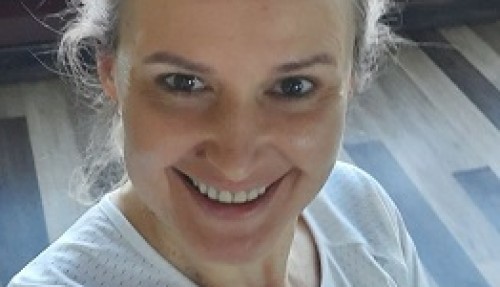
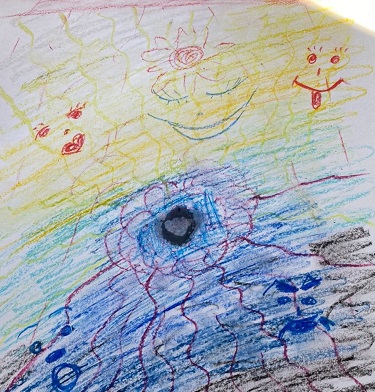
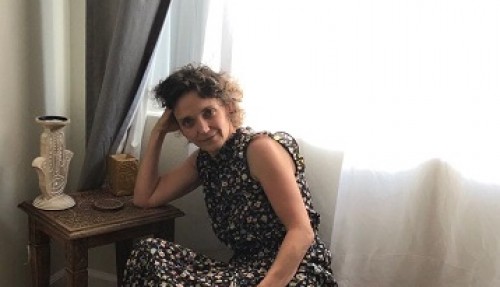
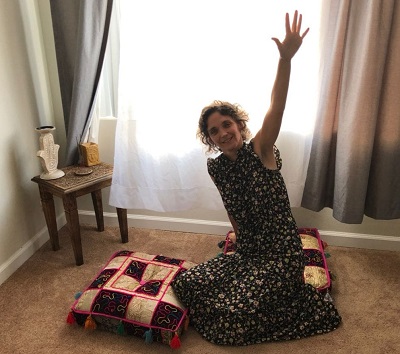
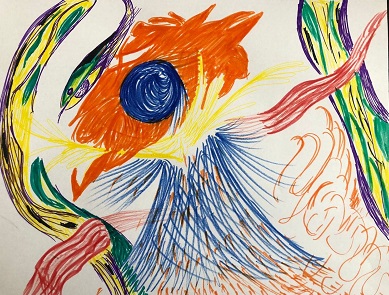


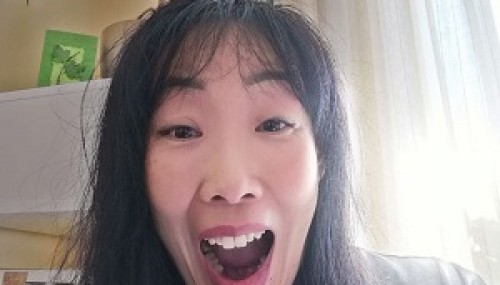


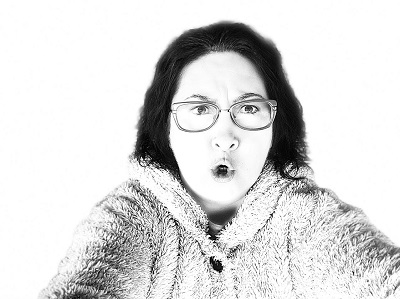


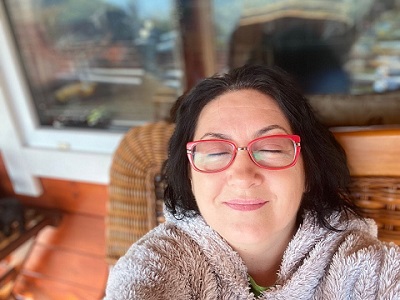







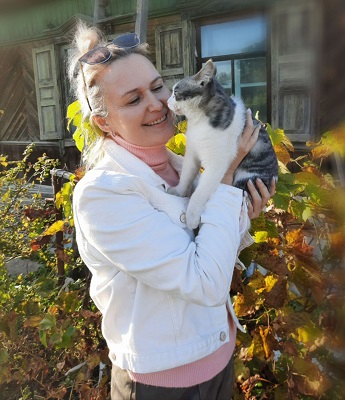






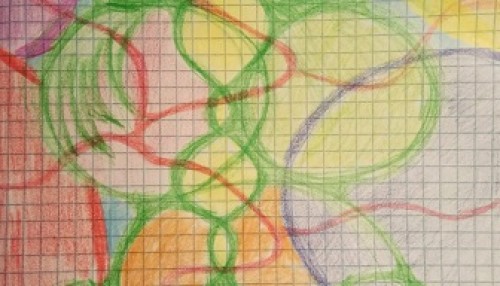
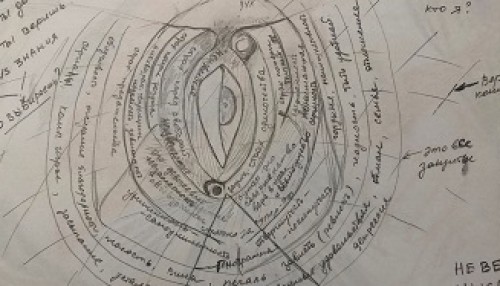










Комментарии
Войдите на сайт чтобы оставить комментарий
Войти